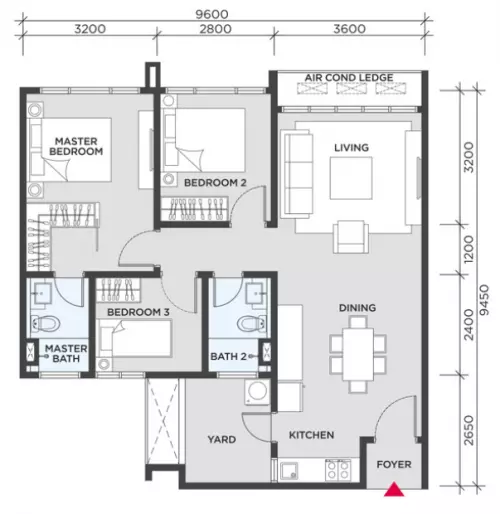

What is the "Secret Sauce" of Real Broker?
What is the "secret sauce" of Real Broker? It's our culture of collaboration, and putting our clients first. In June 2022, we took the time to express our appreciation for all of the Real Broker agents that have joined us on this fantastic voyage. It has been less than one year since we first launc
Read More

WHAT IS IMPORTANT TO LOOK FOR WHEN BUYING A HOME?
What is most important to look for when buying a home has much to do with the Buyer’s lifestyle and stage in life, as well as a other factors that experienced real estate agents evaluate.To flesh out these nuances, ensure that you spend ample time with your real estate agent in a Buyer review. This
Read More

WHY IS MY CONDO SIZE DIFFERENT FROM WHEN I PURCHASED VS WHEN I AM SELLING?
In Alberta condominiums are surveyed by the builder to determine the respective size of the common and private areas of the individual condo units. Developers have some latitude in deciding what to include in the registered size at the onset of the development and many will include areas such as s
Read More

Understanding Condo Fees: What You Need to Know Before Buying a Condo?
If you're considering buying a condo, you've probably wondered, "What are condo fees and are they worth it?" This question often discourages potential buyers, mostly due to misconceptions about what condo fees actually cover. Debunking Myths About Condo Fees Let's separate the myths from the facts
Read More
Categories
Recent Posts











